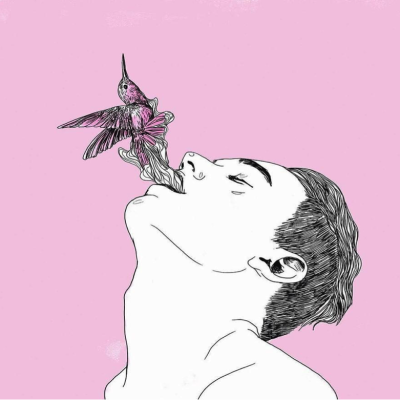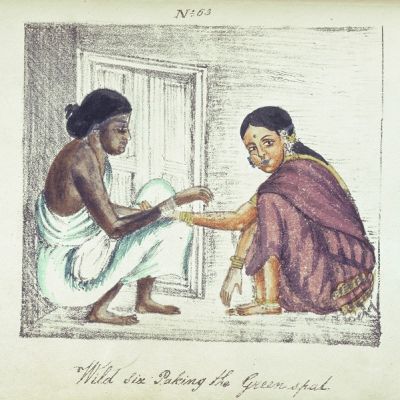Anjora Sarangi
What is the self, and what does it mean to give care? Philosophers, activists, artists, scientists, people of all inclinations and positions have pondered on, played with, and struggled to come to meaningful definitions about the issues these questions address. Without care, can there be a self at all?
For as long as we can conceive of the existence of human civilisation, we can expect there to have been people’s movements. The term ‘people’s movements’ itself refers to the inexorable nature of the human being: things always change; they fall apart and come together in dynamic fluidity, and this uncontainable, organic spirit of constant flux is some of the joy of living.
The arts hold great sway on how sexuality is viewed, represented, and understood. Does art imitate life, or life, art? Or can it be tossed away as an inscrutable mix of the two influencing each other?
Fantasy is make-believe. We make something up and then we believe it in order to make it exist. However, in some contexts, the make-believe is relegated to the realm of mere ‘play’ (as opposed to the ‘real’), but there’s no denying that make-believing is a crux of human civilisation – children naturally play make-believe games that steer them in their growth, adults use the hypothetical in their thought to make everyday decisions, and both children and adults rely on fantastical stories and myths to construct a common meaning that contributes to creating the world as we know it.
Ute Pauline Wiemer, along with her partner Balaji, founded Lovetreats in Bangalore in 2015. Lovetreats is an online retail space and discussion forum for people to buy intimate sexual wellness and health products as well as exchange ideas and learn about topics such as sexuality and intimacy.
“Sexuality and self-care are related at many levels, right from the level of knowing what you want and what you don’t, how you feel about yourself, how you are able to communicate your desires and how you are able to enjoy your experiences.”
Vikalp aims to join people, form groups at the ground level. When people talk to one another, they will also learn from one another. It is then that advocacy and campaigning can make a real difference – when people from the local communities take up their own cause.
Maya Sharma is a feminist and activist who has been passionately involved in the Indian women’s movement. She has co-written Women’s Labour Rights, a book on single women’s lives. She is currently working with Vikalp Women’s Group, a grassroots organization in Baroda, Gujarat, that works with tribal women and transgender people.
TARSHI volunteer Anjora Sarangi interviews Maya about her experiences with and observations about various people’s movements in India.
Alankrita Shrivastava made her directorial debut with the film ‘Turning 30!!!’ (2011) and has been committed to telling stories about women from a woman’s perspective. Her second and most recent film ‘Lipstick Under My Burkha’ (2016) has received international recognition and is slated to release in India in early 2017.








